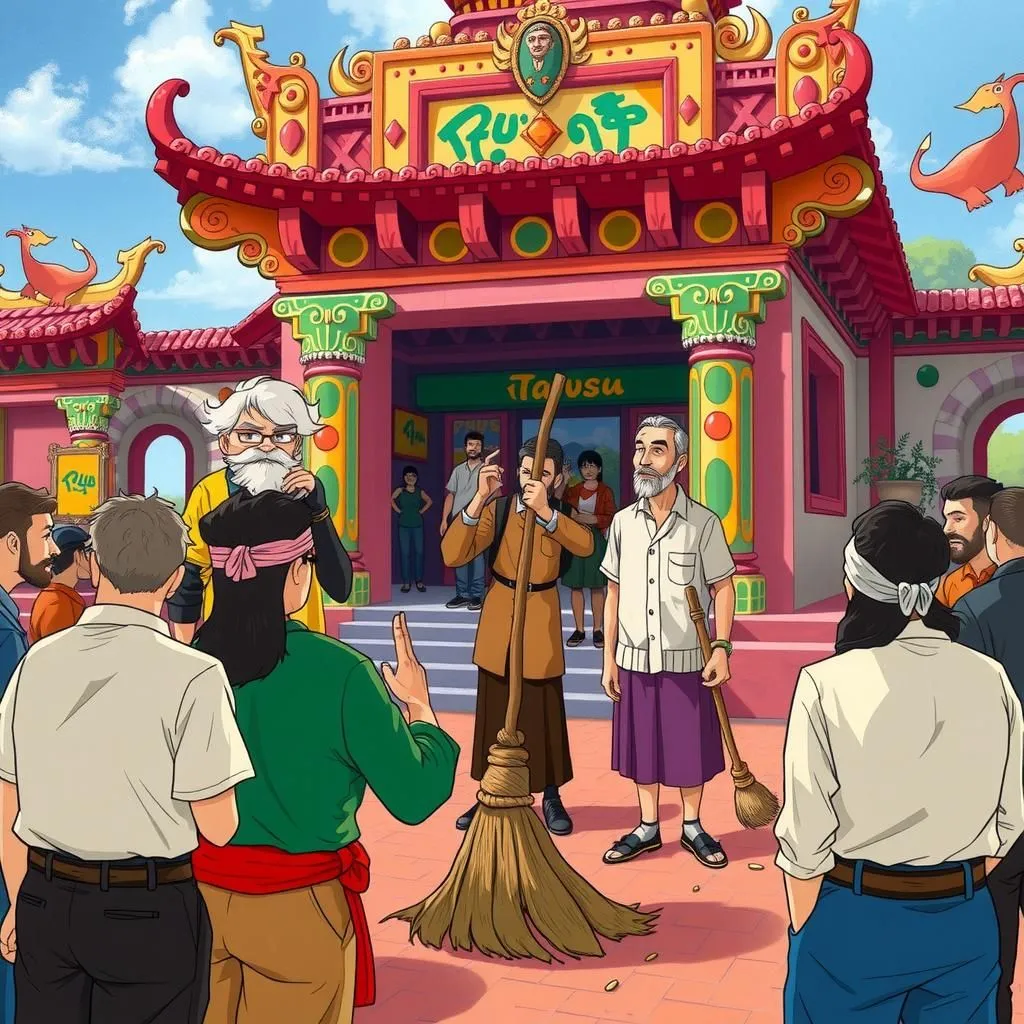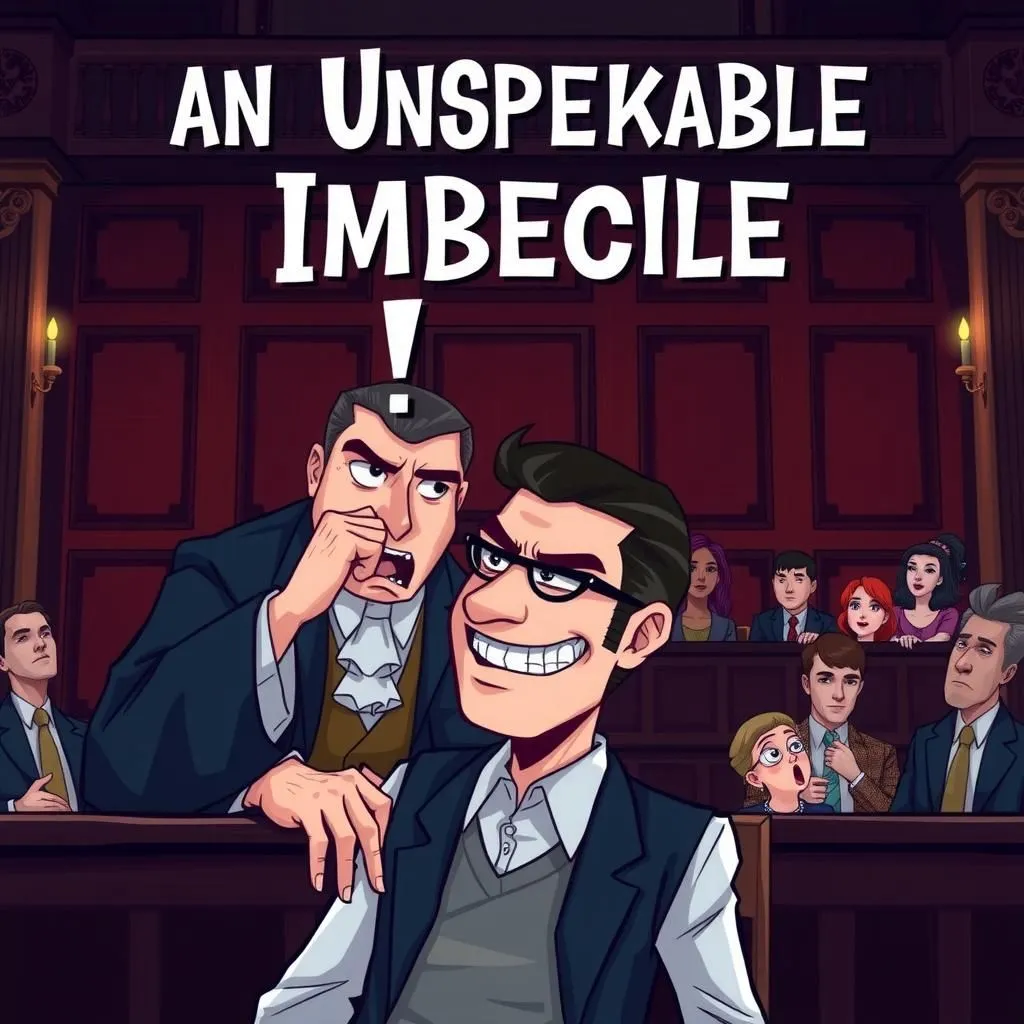
The Man of Principle
In "The Man of Principle," a Keeper at a zoological garden encounters a stubborn man seeking shelter from the rain beneath an ostrich, despite the imminent danger it poses. The man, embodying the essence of a moral story, insists on staying until the ostrich kicks him out, having already swallowed his umbrella, illustrating the folly of rigid principles over practical safety. This engaging moral tale serves as a simple short story with a profound lesson on the importance of adaptability in the face of risk.


